I will begin the tour of Venezuela, starting with the city where my roots grow since adolescence, and where I currently live with my family and friends, full of great times.
At little more than 400 kilometers from Caracas, takes place the capital of Portuguesa State, which name is "Guanare", was founded by the Portuguese Captain Juan Fernández de León on November 3rd, 1591, originaly named " Valley of the Holy Spirit of Saint Jhon of Guayaguayare (Guanaguanare) City», which later was named simply Guanare.
This is a land full of history and charisma that captures any traveler enthusiasm. Its inhabitants are characterized by being very charismatic people with good attention.
This small town is part of the Venezuelan plains, where it is usual to enjoy of meat on a stick, “picadillo” (meat and vegetables soup), fried cachama (river fish) and the “cachapa” (corn pancake) with cheese anywhere in its streets, “Joropo” is danced and people pra at the most imposing Sanctuary that human sight can see in this country, the Sanctuary to Our Lady of Coromoto, Patroness of Venezuela.
It has a warm and humid climate, narrow streets and houses with colonial-style walls in the historic center of the city, also called Plains Athenas. Let’s not forget the image of Our Lady of Coromoto who, from her Sanctuary, watches over the destinies of its inhabitants and visitors.
Next, I will show you a photographic presentation, in the hope of sow the seed of curiosity in the readers to learn more about this beautiful city, and welcome them in a future not too distant to these plain lands.

Photo of the Vicerrectorado
When you arrive to the city, you can start your tour at the San Francisco Convent, which was built in 1756 and by decree of Simón Bolívar (Latin America Liberator), became the first school in the nation, as well as in Latin America; this historic jewel belongs to the buildings that are part of the Western Plains Experimental University and represent a beautiful background in your pictures.
This place has a great historical significance for the inhabitants and especially for my wife and I. You can notice that it has been part of my photographs at university events and our wedding photo shots.

Photo of the Cathedral
Just one block away from the Vice-rectorate, on the historical center of the city (in front of the Bolivar Square), there is the Cathedral of Our Lady of Coromoto or more colloquially, the Cathedral of Guanare, it is an 18th century church dedicated to the Virgin of Coromoto, being the first temple with relative importance in Guanare, its construction began in 1710 and it was culminated by former President Francisco Valenzuela, in 1742. This was severely damaged by an earthquake that occurred on October 15, 1782 and had to be closed down. It was then rebuilt and completed on November 3, 1807. It was elevated to the dignity of the Minor Basilica on May 24, 1949, by his Holiness the Pope Pius XII and declared a Historic Monument on August 2, 1960 (of course, there are many other stories that you should discover by yourselves, such as the fact that inside the Cathedral the heart of one of its founders, Monsignor José Vicente de Unda, is preserved).
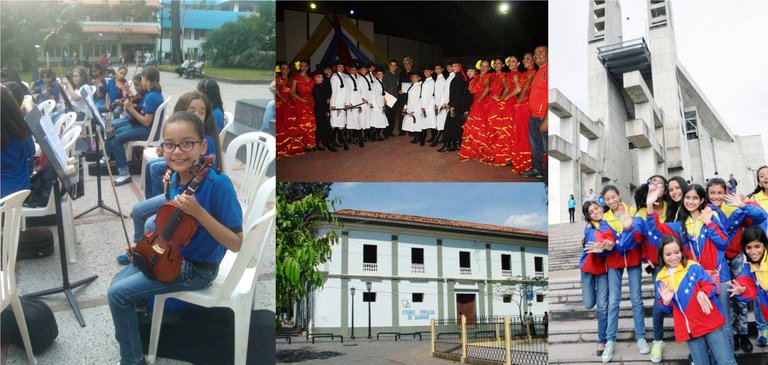
Guanare represents a great touristic and cultural attraction, known as "The Plains Athenas" by hosting a great diversity of athenaeums, museums, arts schools and cultural centers in general.
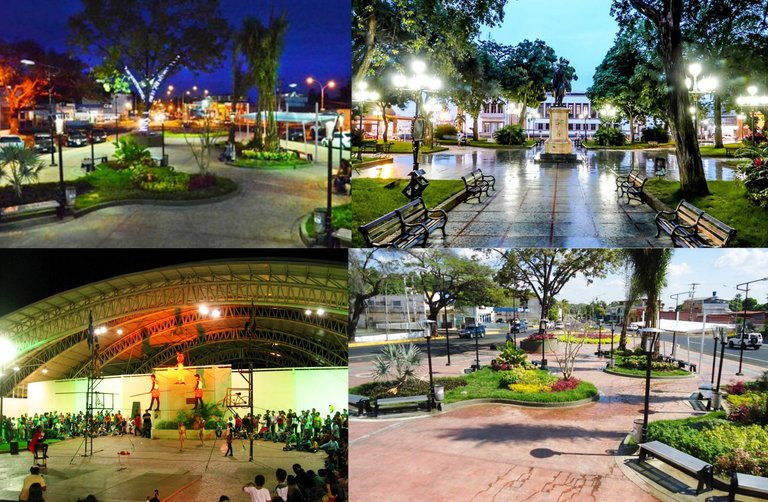
Photos of squares of Guanare
At the present time, it is one of Venezuela cities that preserves its historical center intact, as a city with colonial architectural style, that is why it is also known as "The city of the squares", as it has 3 Bolivar squares in the same municipality)
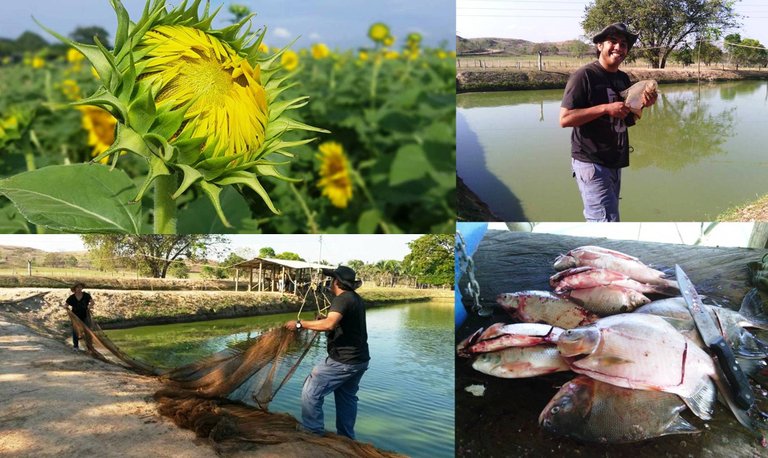
Cachama and sunflower photo
It is characterized by its sunflower crops and by the existence of farms that grow up a great tasting fish called “Cachama”.
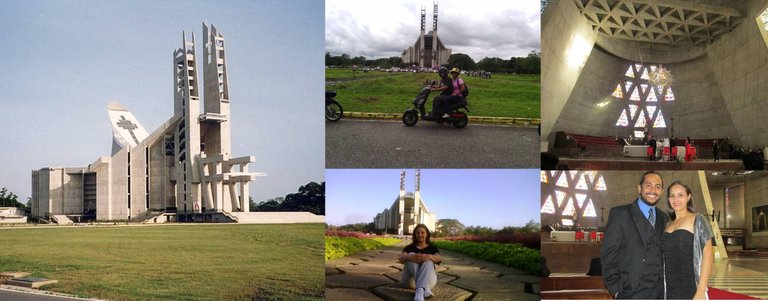
Photos of the Votive Temple
Undoubtedly, the main offer of this city is the National Shrine of Our Lady of Coromoto, a structure inaugurated by the Pope John Paul II himself during his visit to Venezuela in 1996. It is located about 25 kilometers from Guanare. The history of the place and the presence of the Mother of Jesus are always telled by the children in the area that quickly come to the places where visitors make a previous stop at the Virgin Ravine, a natural park that keeps a small monument in the place where Virgin of Coromoto made its first appearance.
It astonishes the eyes of every visitor with the image of such an imposing Temple, preceded by purple and emerald green bushes. This architectural piece was built in concrete, and the first thing visitors appraise are its two parallel towers of about 80 mt. of height. Upon the entering, the stained glass windows, the marble floor and the high altar give shape to the sacred environment. Their seats have enough space for about two thousand five hundred people. Regardless if you are Roman Catholic or not, the visit to this temple will leave you impressed and only that, will worth the trip to the Portuguesa State capital.
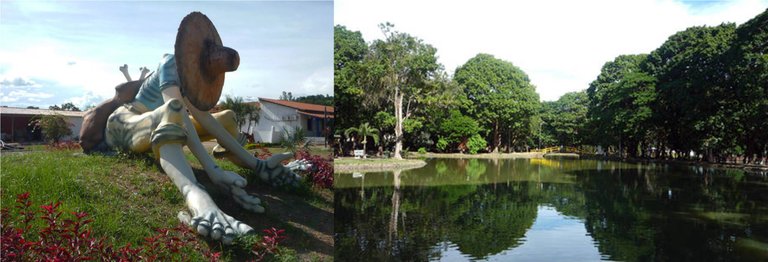
Photo of the Silbón
But not everything is history and religion, there are also regional legends. Among those, highlights a character called “The Whistler” (El Silbón).
Legend has it that a young man murdered his parents, since then he has been condemned to wander eternally with a sack full of his parents bones... The legend says that The Whistler roves through about in the plains region with a whistle that shudders those who listen to it. It is possible to appreciate a monument dedicated to such a picturesque character, located in the vicinity of the “José Antonio Páez Park”, also known as the Fair Complex, where our visitors may enjoy pleasant moments in company of family, inasmuch as it counts with boat rides, kids park, beautiful flora and fauna such as birds and fish, among others.
With these brief words, I just wanted to give you an appetizer of this beautiful city, which also has beautiful hotels and inns, spas, bars, discos, clubs, museums, sports venues and above all, an excellent hospitality.



Join me again on the tour to picturesque locations in Venezuela on my next publications.
The photographs were taken with a Nokia Lumia 530 cell phone and a Canon SX540 camera, enhanced by Photo Filtre 7 program.